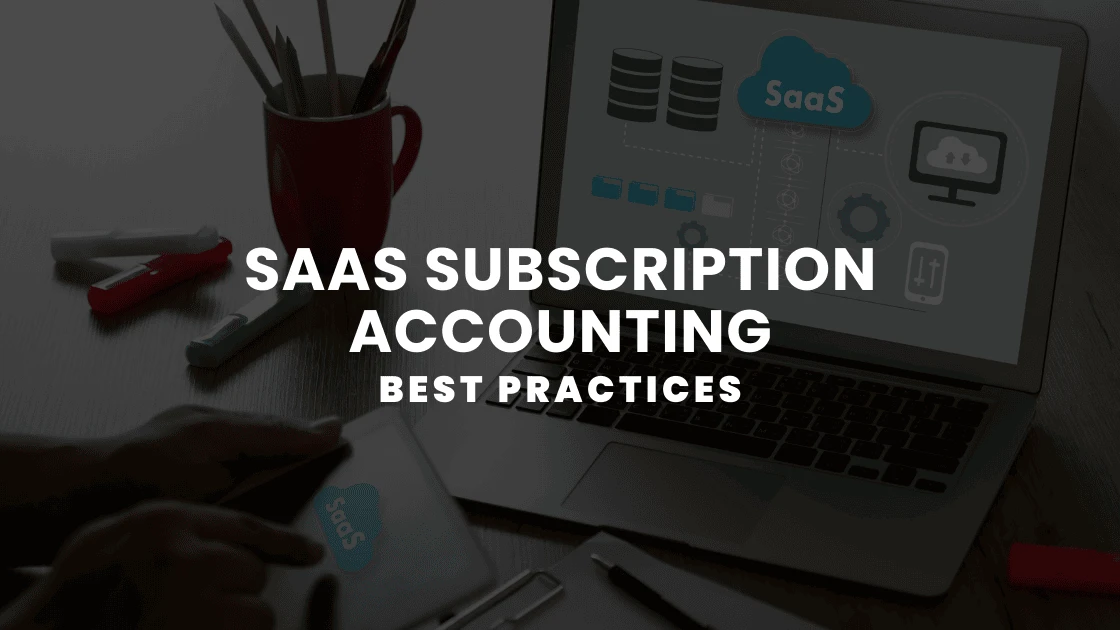August 11 2022 | By Farwah Jafri | 4 minutes Read

Record keeping is a must-do for every small business. Keeping & maintaining records help you stay on top of your finances and make timely and informed business decisions. More so, up-to-date business records help file return and ensure your business stays tax-compliant.
Here are ten best practices for small business record keeping you must start to implement today:
1. Go Paperless
Documenting all business records is obligatory for small businesses. However, if you keep records on paper, then success feels less like a victory and more like a headache. As your business grows, the paperwork increases, and soon the piles of paper become too big to manage.
Thus, it is best to go paperless. The sooner you digitize business records, the better it is. Putting your records on digital systems boosts accessibility and streamlines other financial processes like bookkeeping, tax preparation, and payroll management.
Check Out: How To Create a Simple Bookkeeping Spreadsheet for your business
2. Use A Document Management System
Going paperless helps you avoid the mess and ensure your documents don’t get spoiled or damaged. For added advantage, you should implement a digital document management system too. It is a simple solution that helps you better organize your records and helps you bring your finances in order.
3. Use A Document Control System
For businesses and industries where precision is a must, it is better to adopt a document control system too. It leverages the pre-organized information and puts a seal of approval to it by enabling you to update, track changes, ensure version control, manage access, and archive outdated files. The document control system is super-handy in the construction, architecture, engineering, and manufacturing industries.
4. Keep An Eye on Record Retention Mandates
For hassle-free small business record keeping, it is essential to build familiarity with record retention mandates. For instance, the IRS requires a business to keep business records that justify income, deductions, and credits for at least seven years. Moreover, the Department of Labor (DOL) has the power to request payroll records as well. Thus, it is best practice to keep all business records for at least seven years after they become irrelevant.
5. Always Use The Best Software
Businesses use accounting and payroll software to make their lives simple and stress-free. However, if your software doesn’t store records it is just not good enough. Always opt for accounting and payroll software that generates records like invoices, tax forms, and bills. They help make bookkeeping simple and less time-consuming.
Check Out: Accounting for Startups – A Detailed Guide to Startup Accounting
6. Reconcile, Reconcile, Reconcile
Every successful business owners know the importance of bank reconciliations. They never put it on the back burner, and neither should you. You should make bank reconciliations a weekly habit and ensure you match all your records to transactions while you do so. It is best to catch errors early before they become a financial catastrophe.
7. Don’t Forget To Keep Back Up
Running a business paperless is nice, but if you do so without backing up, it could become a massive mistake. Always keep your business records backed up in at least one cloud-based storage. Moreover, it is critical to better security too. Use a strong password and deploy two-factor authentication whenever you can.
8. Build Familiarity with Finances
You don’t have to be a finance expert to run a business, but it is better not to be a complete novice. To run your business successfully, you must build familiarity with key financial reports like cash flow statements, balance sheets, and tax forms. Don’t be a master but become a jack of all trades to assess the pros and cons.
9. Keep Personal and Business Accounts Separate
Mixing personal and business finances is one mistake that sends your work down the drain. During the tax season and at the time of the audit, managing finances become a headache if you make this mistake. No matter how advanced software you use, we recommend never to mix personal & business accounts.
10. Outsource
The best thing you can do is to outsource your finances to virtual experts. Running a business is no child’s play, and with million duties to manage, it is better to remove the hassle of bookkeeping and tax preparation from your shoulders. It is true that not every business can afford to hire an in-house team to manage finances. However, most can hire virtual bookkeepers who charge by the hour and helps you get more done for less.
Subscribe for business tips, tax updates, financial fundamentals and more.
MORE BLOGS

Running a SaaS business can look simple from the outside. Customers sign up, pay monthly or yearly, and keep using the product. Quite straightforward, right? Behind […]
Learn More →
Revenue is the heartbeat of any SaaS business. But how and when that revenue shows up on your books can change everything, from investor confidence to […]
Learn More →
If you’re a small business, we will absolutely get it if you say you’re having a hard time choosing a payment platform for your company. And […]
Learn More →